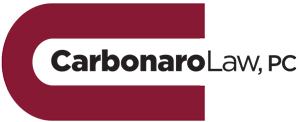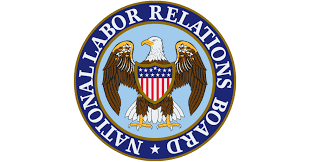New York Labor Law – What You Should Know
In United States labor law, the term unfair labor practice refers to certain actions taken by employers or
unions that violate the National Labor Relations Act (NLRA) and other legislation. Such acts are investigated by the National Labor Relations Board (NLRB).
The NLRA protects employees, and makes it unlawful for an employer to:
- interfere with, restrain, or coerce employees in the exercise of their rights to engage in
protected concerted activity or union activities or refrain from them (concerted
activity is any activity where two or more employees act in concert to protect rights provided for in the Act,
whether or not a union exists), - to dominate or interfere with the formation or administration of a labor organization
- to discriminate against employees for engaging in concerted or union activities or refraining from them,
- to discriminate against an employee for filing charges with the NLRB or taking part in any NLRB proceedings
- to refuse to bargain with the union that is the lawful representative of its employees.
The National Labor Relations Act similarly bars unions from the
following practices:
- restraining or coercing employees in the exercise of their rights or an employer in the choice of its bargaining
representative - causing an employer to discriminate against an employee,
- refusing to bargain with the employer of the employees it represents
- engaging in certain types of secondary boycotts
- requiring excessive dues
- engaging in featherbedding (requiring an employer to pay for unneeded workers)
- picketing for recognition for more than thirty days without petitioning for an election,
- entering into “hot cargo” agreements (refusing to handle goods from an anti-union employer)
- striking or picketing a health care establishment without giving the required notice.

